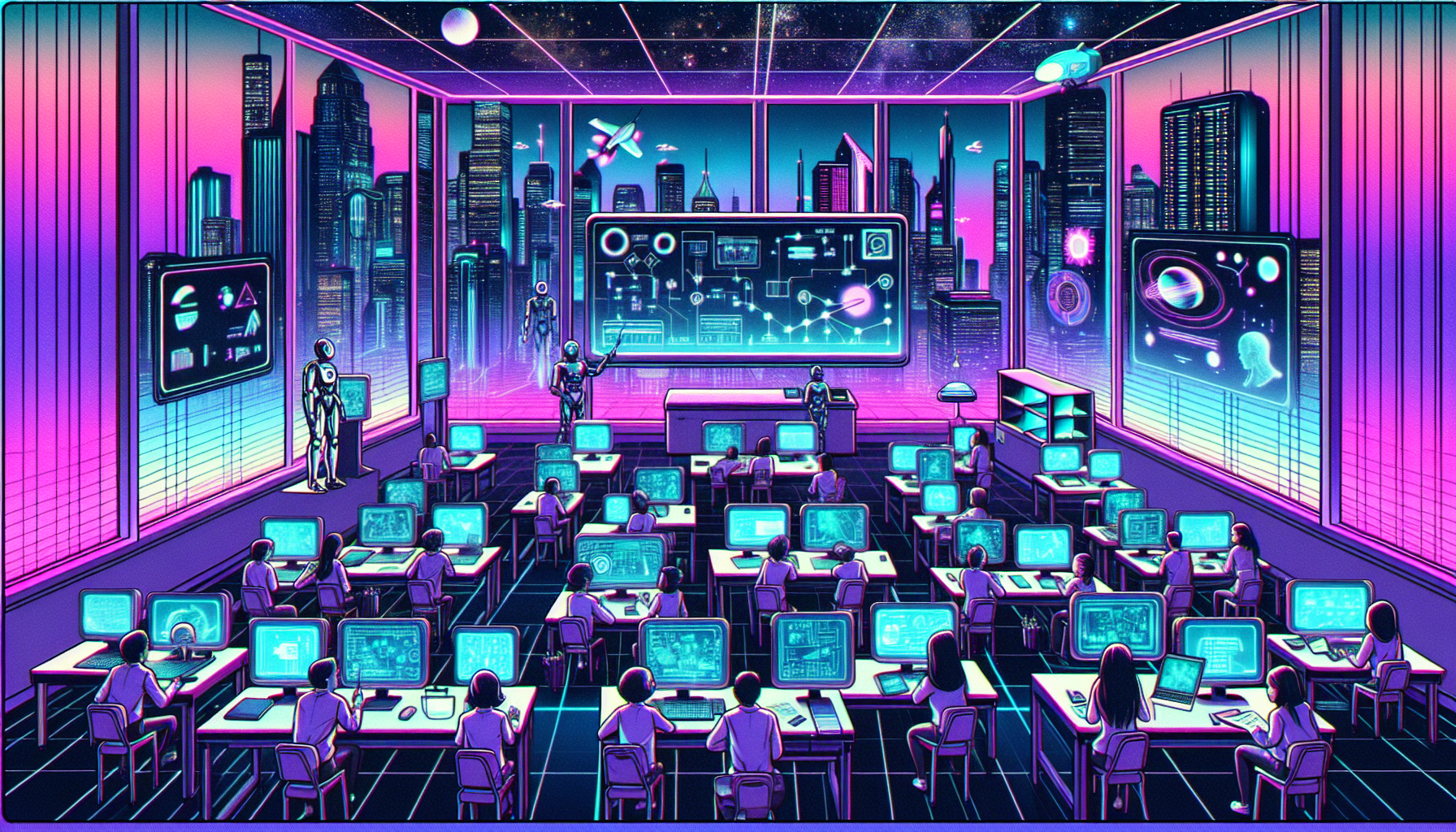The digital revolution is presently at the forefront of this transformation in the education sector. This progression is not just about utilizing technology to make learning more accessible. It’s about creating an environment where technology and education blend seamlessly, providing students with the tools, skills, and mindset required to thrive in an increasingly digital world.
One of the most significant changes we’re witnessing in education is the rise of online learning platforms. Today, institutions worldwide take advantage of these platforms, offering students the flexibility to learn at their own pace, anywhere, and anytime. These platforms provide a variety of courses and resources that cater to different learning styles, making education more inclusive.
Moreover, there’s been a significant evolution in the methods of teaching. The traditional lecture-based pedagogy is gradually giving way to more interactive and student-centered teaching styles.
Teachers are now incorporating technology to create engaging, collaborative, and immersive learning experiences. For instance, virtual reality (VR) and augmented reality (AR) technologies allow students to explore complex concepts in a more tangible and interactive manner.
Another key trend shaping the future of education is personalized learning. Advanced data analytics make it possible to tailor education to each student’s needs. By using data about a student’s performance, teachers can adapt their instruction methods to suit each learner’s strengths and weaknesses.
This personalized approach ensures that students are not left behind and that each learner can progress at their own pace.

The trend of lifelong learning is also becoming increasingly prevalent.
In an ever-evolving world, it’s crucial to continually update one’s knowledge and skills. Many online platforms now offer short courses and professional development programs, making it easier for people to learn throughout their careers.
Lifelong learning is becoming a staple in our education system, emphasizing the importance of continuous learning beyond formal education.
While technology offers numerous benefits, it’s crucial to remember that it’s just a tool to enhance education, not replace it. The human element in learning remains indispensable. Educators play a vital role in facilitating learning, providing guidance, and inspiring students.
Even with advanced technologies, the importance of quality teachers cannot be overstated.
Navigating the digital revolution in education involves addressing challenges such as digital equity and data privacy. While technology has made learning more accessible, there’s a need to ensure that every learner has equal access to these resources. Data privacy is another concern, as more learning moves online. Ensuring the safe and ethical use of learners’ information is paramount.
Looking forward, it’s clear that education is on a path of continuous evolution. A blend of technology and traditional learning models will likely define the future of education. By embracing the digital revolution, we can work towards creating an education system that is flexible, inclusive, and individualized. It’s an exciting time for education, and as we continue to adapt and grow, the possibilities for what education can achieve are limitless.